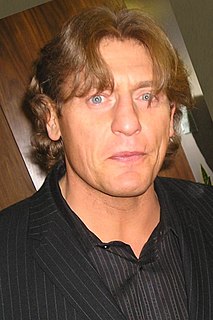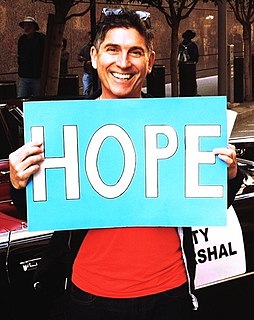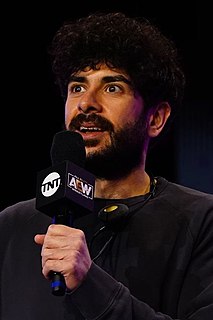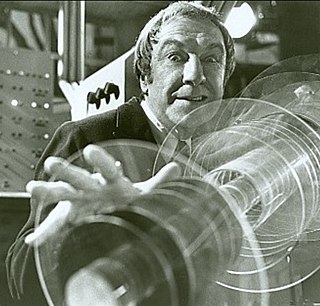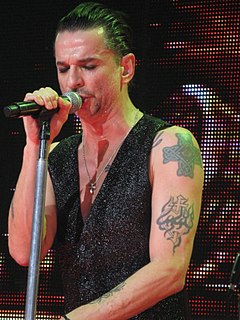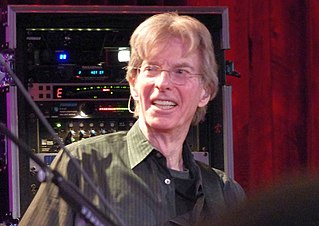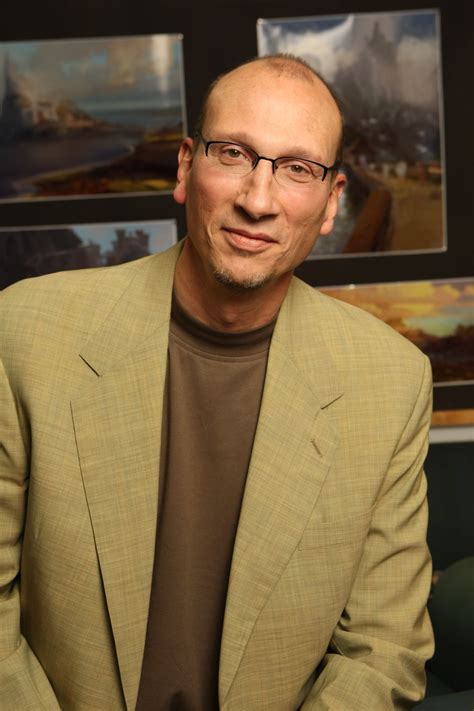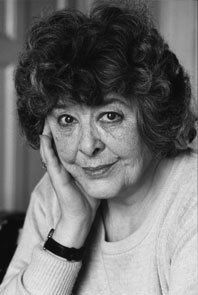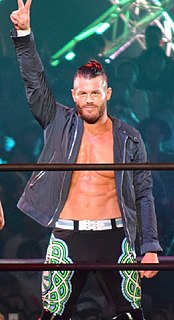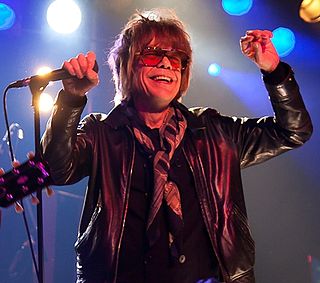A Quote by William Regal
Wrestling died. It had a comeback in the early '90s just through word of mouth with Brian Dixon's shows.
Related Quotes
You can hear a real shift. You listen to the late 80s recordings, you'll hear us engaging with the audience, dealing with the issues surrounding punk shows at the time. Back then, people thought you had to be a skinhead and beat the crap out of everybody when you went to a punk show. Come the early 90s, when you had this so-called grunge stuff and when videos became so dominant, you had this totally huge shift in the culture of shows.
